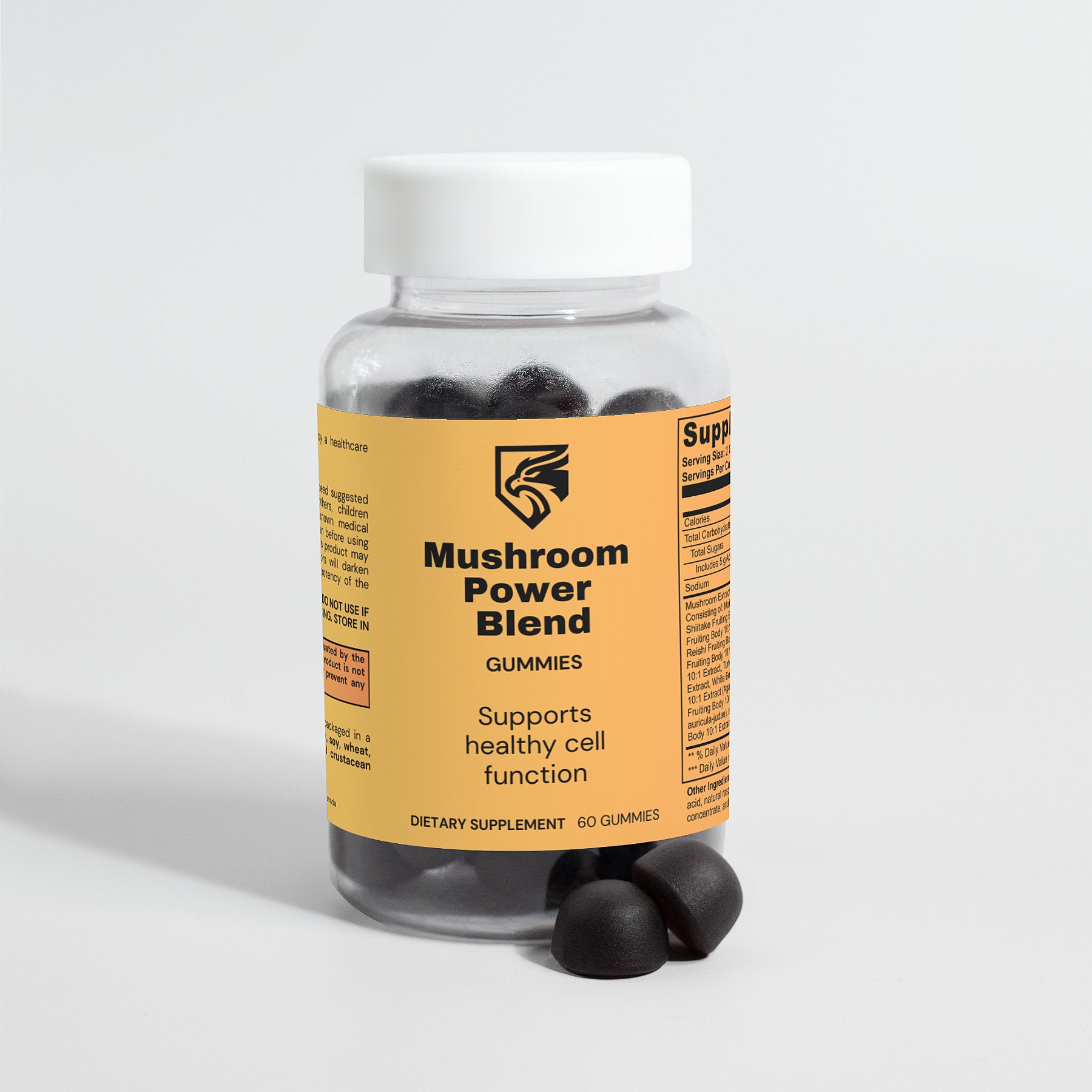Introduction
Testosterone, often associated with traits like strength, libido, and masculinity, plays a crucial role in men's health beyond its commonly known functions. Recent research has shed light on the relationship between testosterone levels and cardiovascular health, suggesting that adequate testosterone levels may offer protective benefits for the heart. In this comprehensive review, we delve into the scientific literature to explore the intricate connection between testosterone and heart health, examining the potential cardiovascular benefits associated with optimal testosterone levels.
Understanding Testosterone
Testosterone is a primary male sex hormone produced primarily in the testes, although a small amount is also produced in the adrenal glands. It plays a pivotal role in the development of male reproductive tissues and secondary sexual characteristics. Testosterone levels typically peak during adolescence and early adulthood and gradually decline with age. However, maintaining optimal testosterone levels throughout life is essential for overall health and well-being.
The Link Between Testosterone and Cardiovascular Health
For decades, researchers have been investigating the relationship between testosterone levels and cardiovascular health. While early studies suggested a potential association between testosterone therapy and increased cardiovascular risk, more recent evidence challenges this notion. In fact, emerging research indicates that testosterone may have beneficial effects on various cardiovascular parameters, including:
-
Heart Function: Testosterone receptors are present in the heart, and testosterone plays a role in regulating cardiac function. Studies suggest that testosterone may help improve cardiac contractility and reduce the risk of heart failure.
-
Blood Pressure Regulation: Adequate testosterone levels have been associated with lower blood pressure levels. Testosterone may promote vasodilation and enhance arterial function, contributing to better blood pressure control.
-
Lipid Metabolism: Testosterone influences lipid metabolism, helping to regulate cholesterol levels in the blood. Optimal testosterone levels have been linked to favorable lipid profiles, including higher levels of high-density lipoprotein (HDL) cholesterol and lower levels of low-density lipoprotein (LDL) cholesterol.
-
Blood Sugar Regulation: Testosterone plays a role in insulin sensitivity and glucose metabolism. Low testosterone levels have been associated with insulin resistance and an increased risk of type 2 diabetes, which are risk factors for cardiovascular disease.
-
Inflammation and Atherosclerosis: Chronic inflammation and atherosclerosis are key contributors to cardiovascular disease. Testosterone has anti-inflammatory properties and may help reduce the risk of atherosclerosis by inhibiting inflammatory pathways and promoting endothelial function.
Clinical Evidence and Studies
Numerous clinical studies have investigated the cardiovascular effects of testosterone therapy in men with low testosterone levels. While some early studies raised concerns about potential cardiovascular risks associated with testosterone therapy, recent large-scale trials and meta-analyses have provided more nuanced insights.
-
Testosterone Replacement Therapy (TRT) and Cardiovascular Risk: Several large observational studies and randomized controlled trials (RCTs) have examined the safety of testosterone replacement therapy in men with hypogonadism (low testosterone levels). Overall, the evidence suggests that testosterone therapy is not associated with an increased risk of cardiovascular events, including myocardial infarction (heart attack) and stroke, in appropriately selected patients.
-
Cardiovascular Benefits of Testosterone Therapy: On the contrary, some studies have reported potential cardiovascular benefits of testosterone therapy. For example, a meta-analysis published in the Journal of the American Heart Association in 2018 found that testosterone therapy was associated with improvements in cardiovascular risk factors, including reductions in body mass index (BMI), waist circumference, and systolic blood pressure.
-
Effects of Testosterone on Heart Failure: Heart failure is a common cardiovascular condition characterized by the heart's inability to pump blood effectively. Several studies have investigated the effects of testosterone therapy on heart failure outcomes. While the evidence is still evolving, some studies suggest that testosterone therapy may improve symptoms and outcomes in men with heart failure, possibly by enhancing cardiac function and exercise capacity.
-
Testosterone and Coronary Artery Disease: Coronary artery disease (CAD) is a leading cause of heart attacks and other cardiovascular events. Testosterone therapy has been studied as a potential treatment for men with CAD, with some evidence suggesting that it may have beneficial effects on coronary artery function and symptoms of angina (chest pain).
Mechanisms of Action
The precise mechanisms underlying the cardiovascular effects of testosterone are complex and multifactorial. Testosterone exerts its effects on the cardiovascular system through various pathways, including:
-
Nitric Oxide (NO) Production: Testosterone stimulates the production of nitric oxide, a key signaling molecule involved in vasodilation and vascular function. Increased NO production may help improve blood flow and reduce vascular resistance.
-
Anti-inflammatory Effects: Testosterone has anti-inflammatory properties and may help mitigate inflammation in the arterial wall, thereby reducing the risk of atherosclerosis and cardiovascular events.
-
Regulation of Cardiac Gene Expression: Testosterone influences gene expression in cardiac cells, modulating processes such as cardiac hypertrophy and fibrosis. Proper regulation of gene expression is essential for maintaining cardiac structure and function.
-
Endothelial Function: Testosterone plays a role in preserving endothelial function, which is critical for maintaining vascular health. Endothelial dysfunction is a hallmark of cardiovascular disease and is associated with impaired vasodilation and increased vascular stiffness.
-
Metabolic Effects: Testosterone regulates metabolic processes such as lipid metabolism and glucose homeostasis, which are key determinants of cardiovascular risk. Improving metabolic parameters may help reduce the risk of cardiovascular disease.
Clinical Implications and Future Directions
The growing body of evidence supporting the cardiovascular benefits of testosterone underscores the importance of assessing and managing testosterone levels in men, especially those at risk of cardiovascular disease. However, several questions remain unanswered, and further research is needed to elucidate the optimal strategies for testosterone replacement therapy and its long-term effects on cardiovascular outcomes.
Clinicians should consider individual patient factors, including age, comorbidities, and cardiovascular risk profile, when evaluating the potential risks and benefits of testosterone therapy. Close monitoring and regular follow-up are essential to ensure the safe and effective use of testosterone replacement therapy in clinical practice.
Conclusion
In conclusion, testosterone plays a critical role in cardiovascular health, exerting beneficial effects on heart function, blood pressure regulation, lipid metabolism, inflammation, and atherosclerosis. While controversies surrounding testosterone therapy and cardiovascular risk have existed, recent evidence suggests that testosterone replacement therapy may offer cardiovascular benefits in men with hypogonadism. Further research is needed to better understand the mechanisms of action underlying the cardiovascular effects of testosterone and to optimize the use of testosterone therapy in clinical practice. Overall, maintaining optimal testosterone levels may contribute to better cardiovascular outcomes and overall health in men.







Leave a comment
All comments are moderated before being published.
This site is protected by hCaptcha and the hCaptcha Privacy Policy and Terms of Service apply.